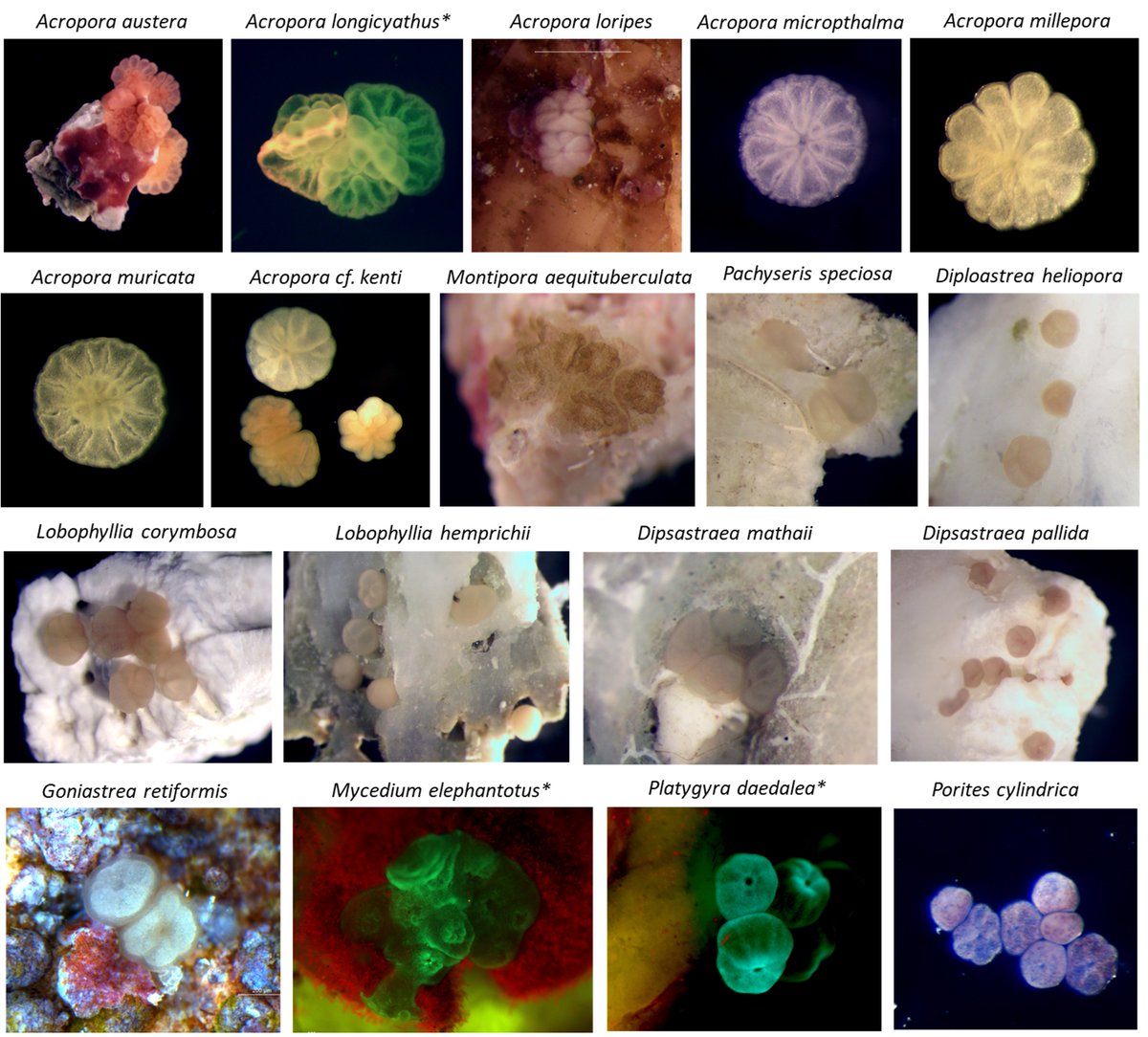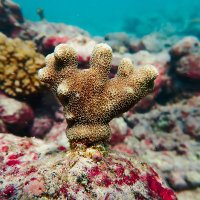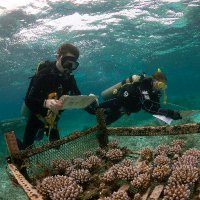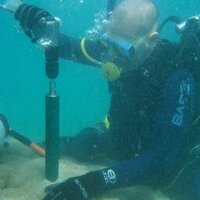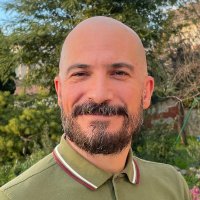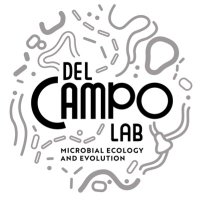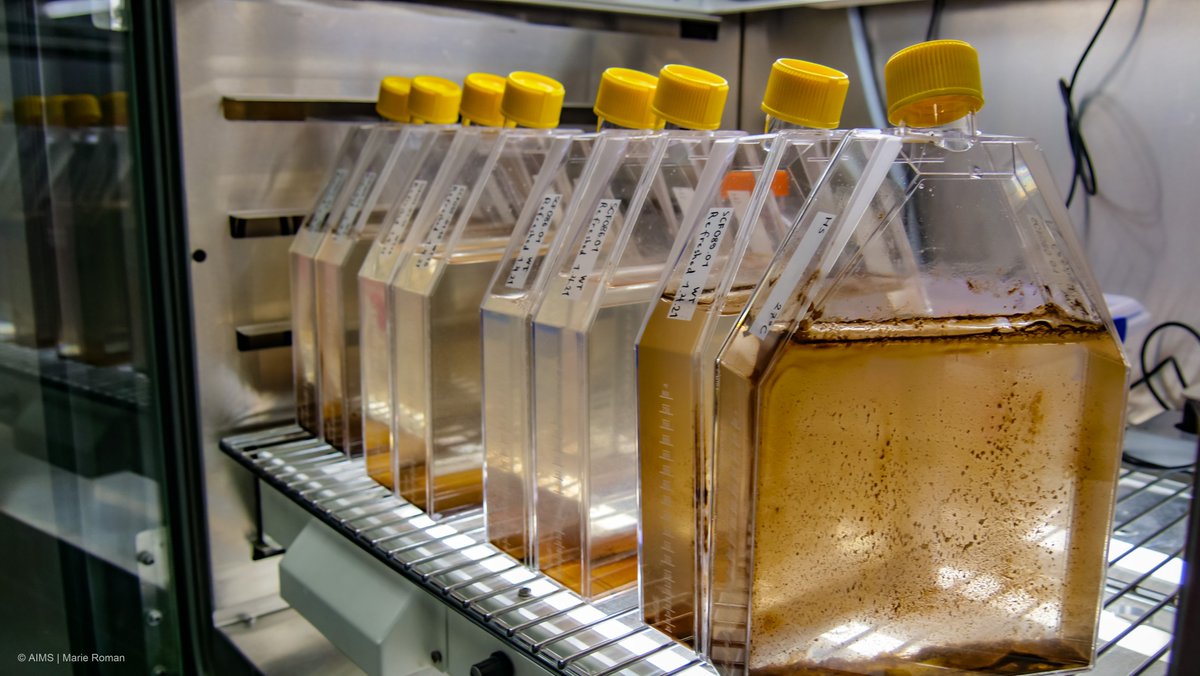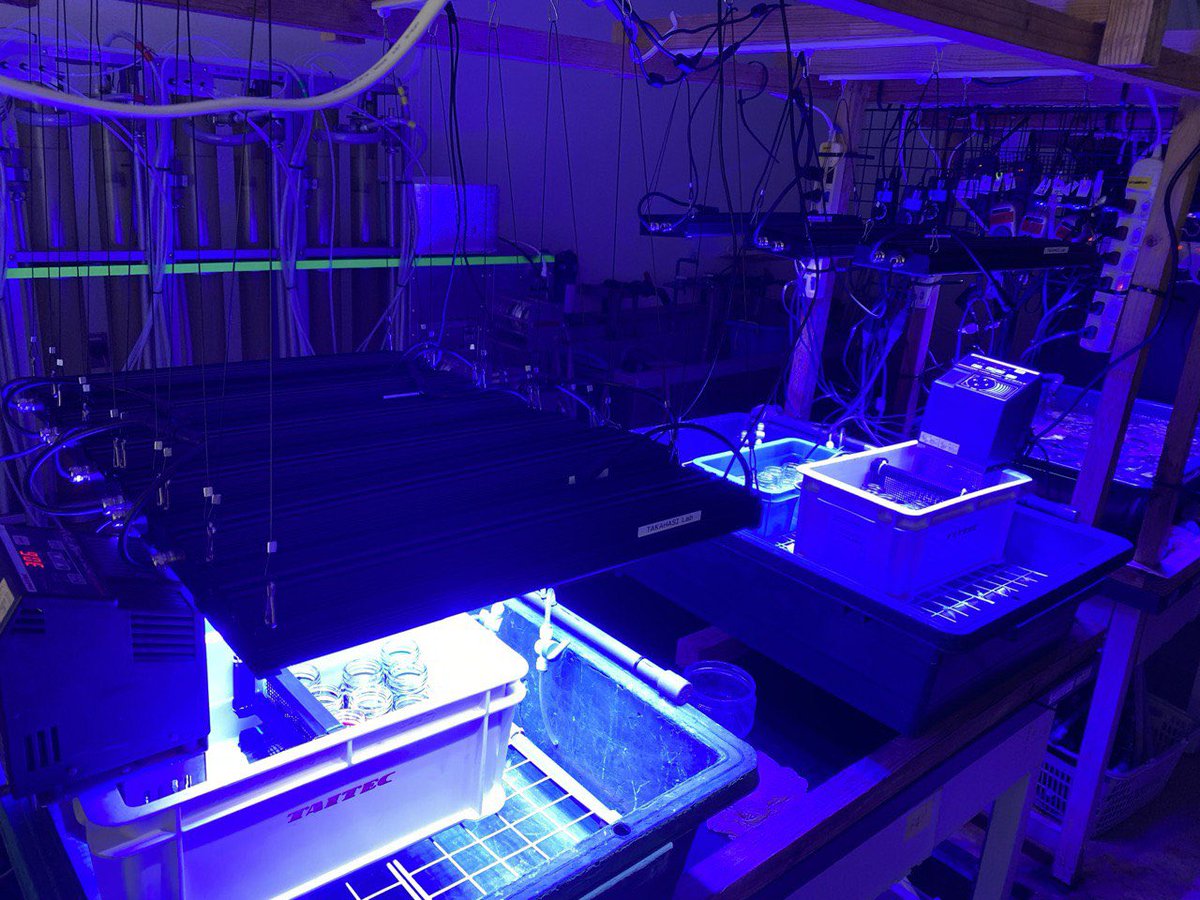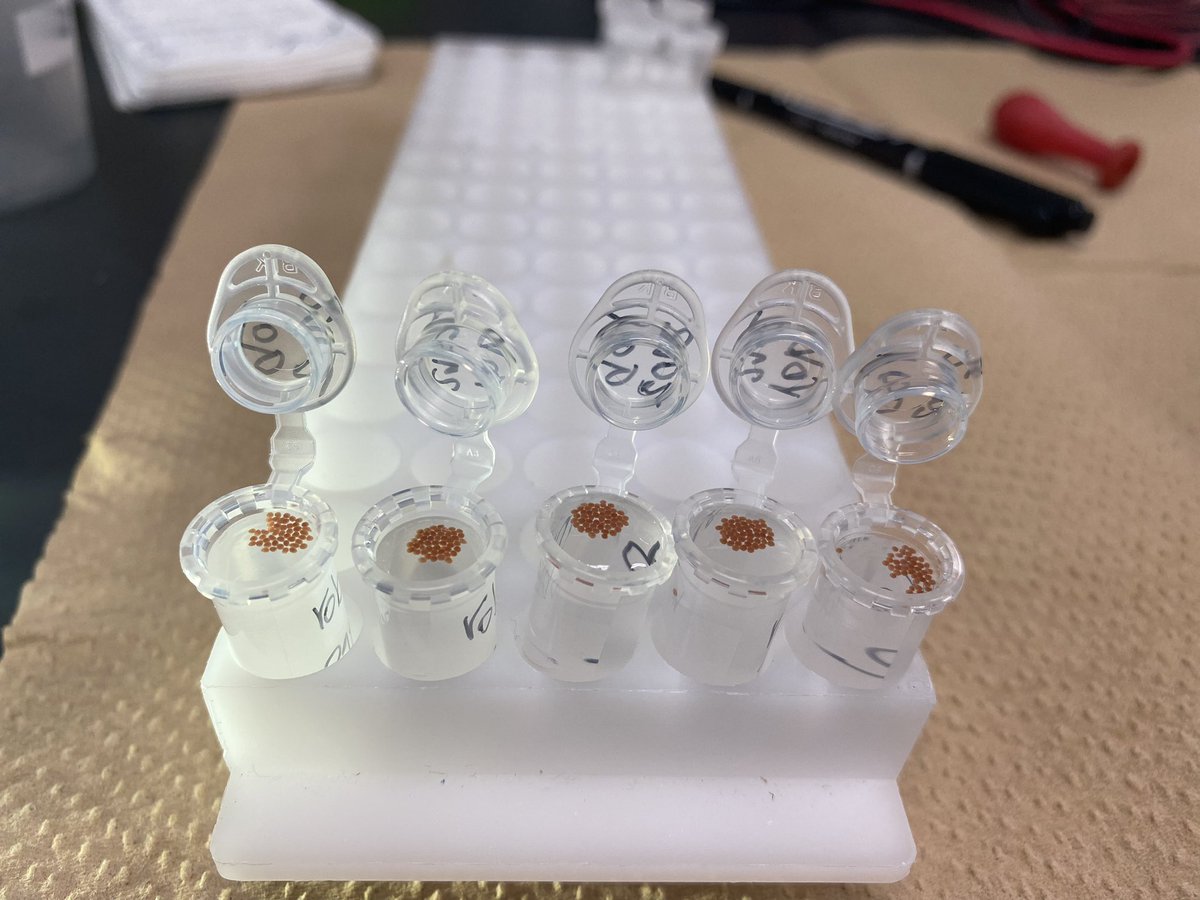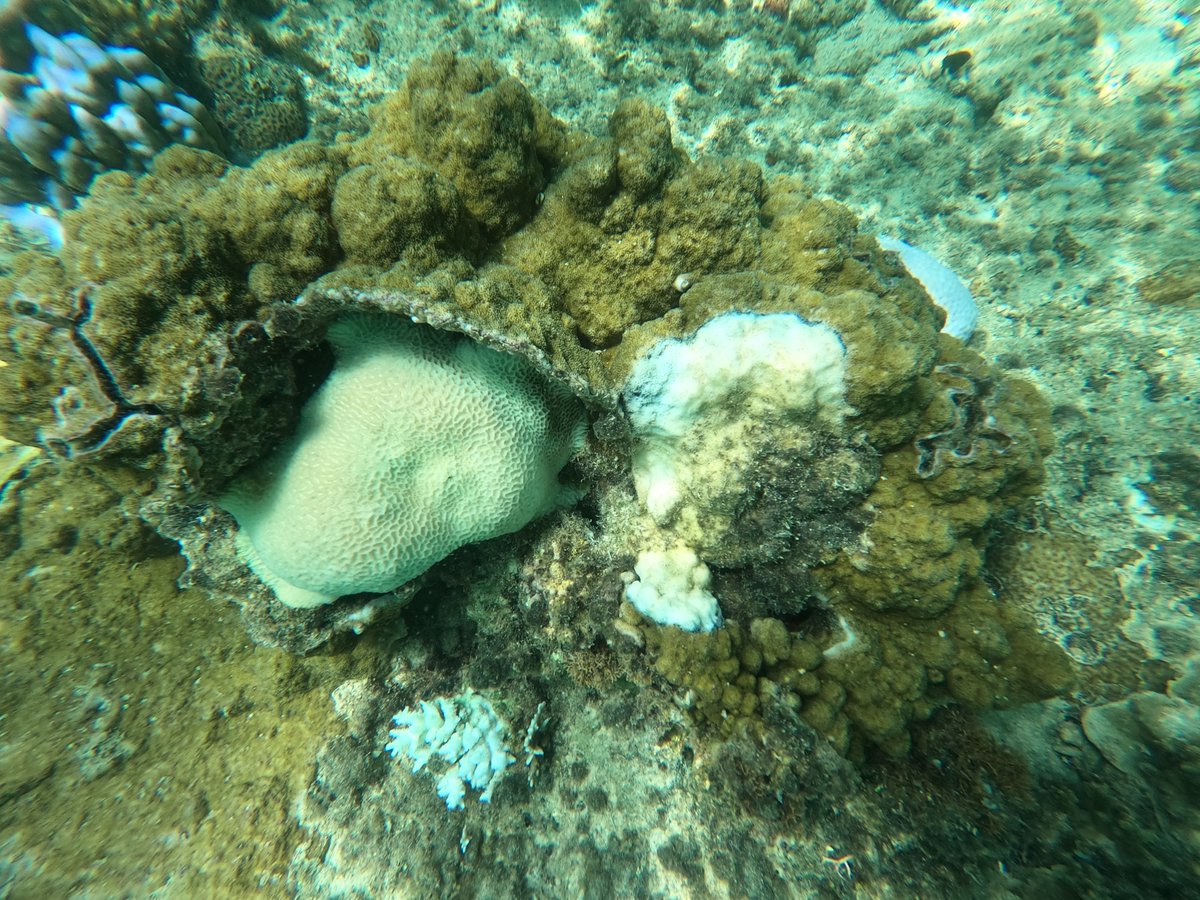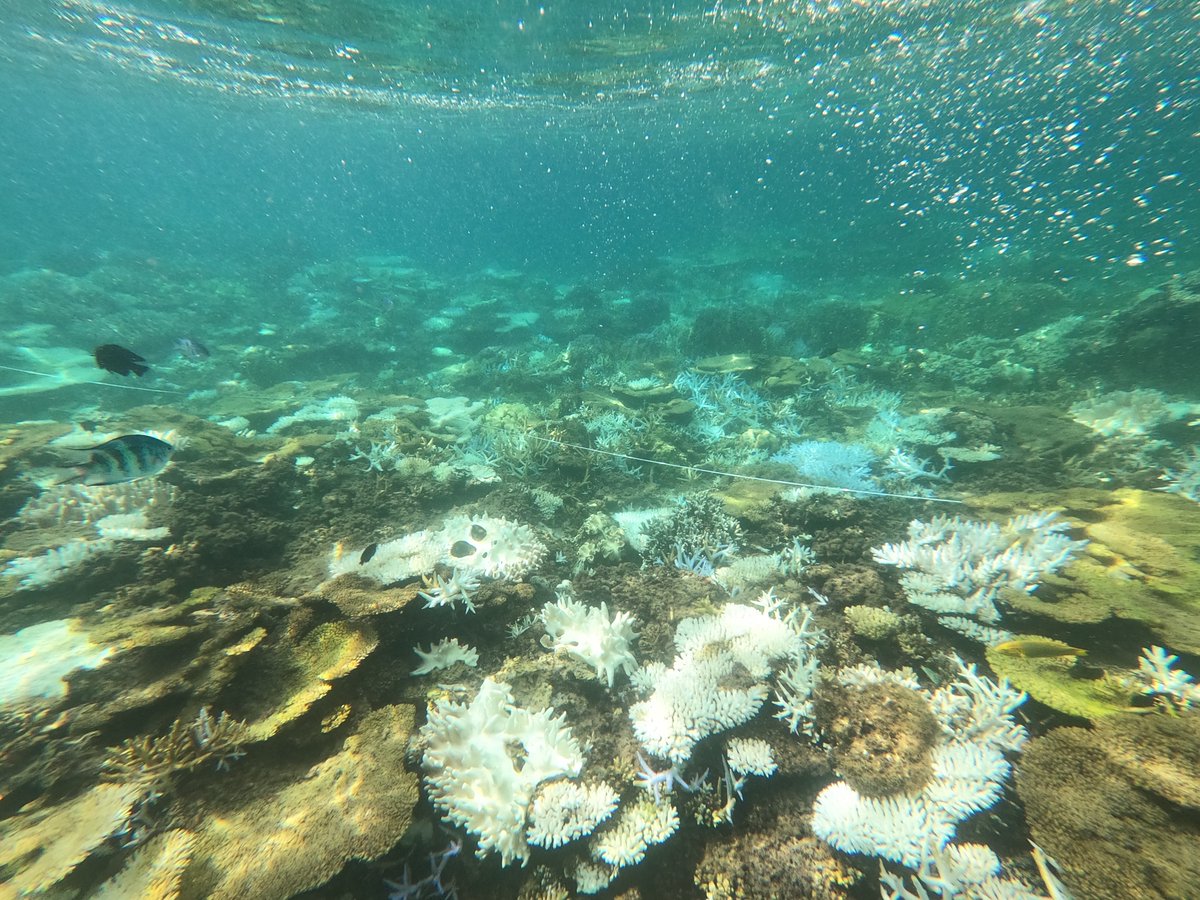
Sanaz Hazraty-Kari٫ PhD
@hazrati_sanaz
Postdoctoral at #Sesoko Marine station,Okinawa,Japan on #coral reef ecology, #coral reproduction, #climate change, Ambassador of @WomeninOceanSci
ID: 1112270304846331904
31-03-2019 08:28:00
63 Tweet
261 Followers
641 Following


Great talk today by Prof. James Davis Reimer at #JCRS on the evolution and ecology of a cave-living Palythoa spp.
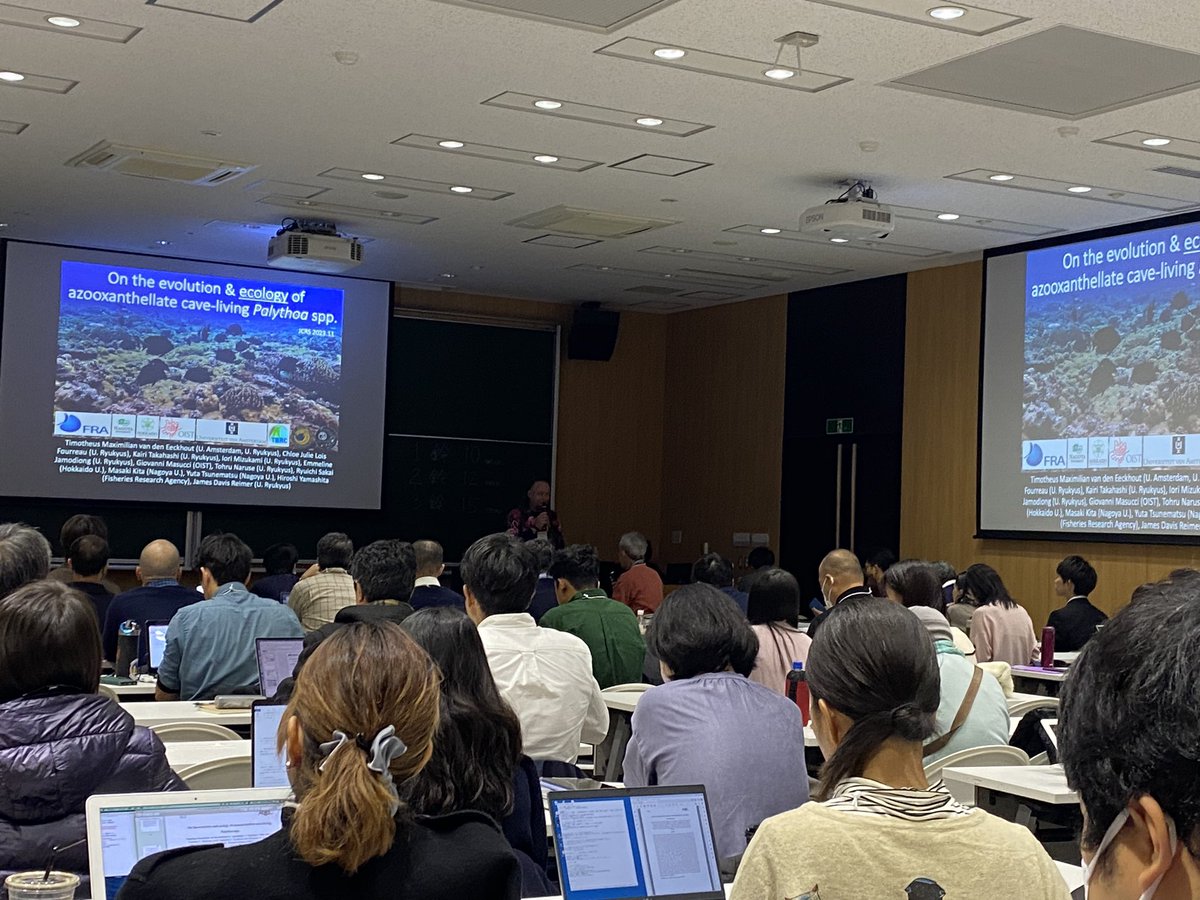



Interested to learn more about variability in precompetency of coral taxa? I'm thrilled to finally share our new study in Communications Biology, the culmination of nearly 4 years of testing across 25 species! Thanks to SeaSim for all the spawning support! #ACRRI #RRAP Australian Institute of Marine Science
